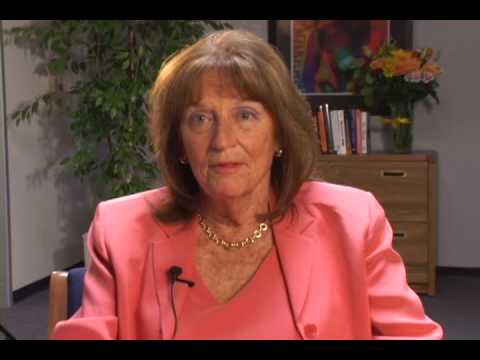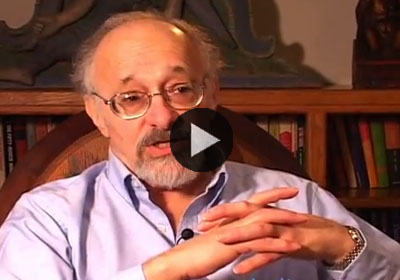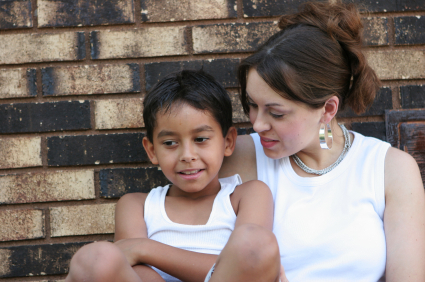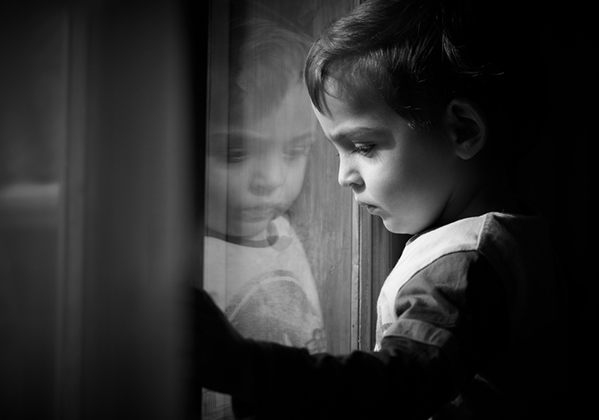The Intersection of Health and Justice: Views from the Bench
…ve never had a problem with this. You need to break out of the traditional role. When you drive people to the margins of society in life through the stigma of mental illness, it has disastrous consequences for individuals and their families. When a person with authority, and I guess as a judge that is me, talks one-on-one in close contact with someone with mental illness, the stigma goes away. This builds a community in the court room.” Brooklyn,…
Learn More








